What You Need to Know About Acupuncture — The Top 6 Reasons to Try It Today
What You Need to Know About Acupuncture—6 Reasons to Try It Today
Overview
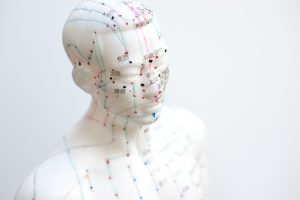
A component of traditional Chinese medicine, acupuncture has been used since time immemorial to treat a variety of ailments and promote mental well-being. It has been historically used to help with conditions like headaches, migraines, back pain, rheumatism, osteoarthritis, menstrual cramps, digestive disorders, anxiety, and insomnia.
Research shows that the practice of acupuncture can stimulate sensory nerves in the skin and have profound effects on the central nervous system. Let’s dig deeper and find out all about this alternative therapy.
What is acupuncture?
According to the philosophy of traditional Chinese medicine, the human body has a network of 14 pathways or channels known as meridians, through which vital life energy called Qi (pronounced “chee”) flows. Qi is a foundational concept in Chinese philosophy, medicine, martial arts traditions, as well as Taoism. It is understood as the principal matter energy that makes up the universe and sustains life.
The state of Qi signifies a person’s vitality and quality of life. Its smooth and uninterrupted flow guarantees perfect health and balance within the body, mind, and spirit. When this life force is disrupted or blocked, it can lead to imbalances manifesting as illness or pain.
Stimulation of acupoints located along the meridians is one of the corrective methods used to regulate the flow of Qi and restore balance. There
Practitioners are trained to locate these points accurately, typically by feeling for subtle changes in tissue texture, temperature, or sensitivity. The most common method of stimulation is acupuncture, which involves the insertion of very thin metallic needles at various depths, depending on the condition being treated. However, other techniques such as acupressure (applying pressure with fingers or tools), moxibustion (applying heat), or electrical stimulation can also be used on these points.
The selection of acupoints for the therapy session depends on various factors like the individual’s constitution, energy imbalances, and symptoms. The needles may also be stimulated by heat or with electrical currents to enhance the therapeutic effect.
This natural therapy is most commonly used to alleviate pain, but it also comes with a wide range of other health benefits that can improve your well-being. In Chinese medicine, it is often used in combination with other forms of treatment, such as herbal medicine, diet modifications, and lifestyle changes.
The top 6 benefits of acupuncture therapy
1. Helps in pain management
Studies have suggested that acupuncture can be used as a complementary therapy for improving long-term pain conditions like rheumatoid arthritis, gout, headaches, migraine, back pain, knee pain, fibromyalgia, injury pain, and post-operative pain.
Researchers have explained that stimulating sensory neurons during the therapy helps induce the release of endorphins, which are the body’s natural pain-relieving substances. Endorphins help reduce the perception of pain, elevate mood, and promote a sense of well-being. This mechanism makes the treatment immensely helpful for both nociceptive (physical damage) and neuropathic (without external stimuli) types of pain.
Numerous clinical trials have found acupuncture more effective than a placebo or even certain medications. In one study, people undergoing the therapy exhibited a drastic reduction in their aspirin intake due to lower frequency and severity of headaches. Two types of this treatment, namely electroacupuncture and auricular acupuncture, have also been shown to help with cancer-related chronic pain.
2. Promotes psycho-emotional health
This ancient healing therapy can have a deeply restorative and rejuvenating effect on the autonomic nervous system, which controls the body’s stress responses. It can help restore the balance between the sympathetic (fight-or-flight) and parasympathetic (rest-and-digest) branches of the nervous system.
Researchers have found that this ancient healing therapy increases the synthesis and release of feel-good hormones like dopamine, serotonin, oxytocin, endomorphin, and endorphins. It also improves sleep quality in the nighttime due to its overall harmonizing effect. In a 2017 clinical trial, acupuncture therapy once a week for 12 weeks significantly reduced the perception of stress in college students.
Evidence suggests that acupuncture may be an effective adjunctive treatment for chronic stress, depression, anxiety disorders, and post-traumatic stress disorder.
3. Boosts energy and vitality
According to traditional Chinese medicine (TCM) philosophy, a blockage or deficiency in Qi is the primary reason behind fatigue, low energy, and lack of motivation. This can ultimately lead to gut health issues, compromise natural immunity, accelerate aging, and lower the quality of life. Acupuncture restores energy balance and enables an optimal flow of Qi within the meridians.
Research shows that stimulating certain acupoints can activate the lymphatic system and increase blood circulation. This can boost nutrient and oxygen availability to all parts of the body, thus naturally energizing muscles.
4. Improves heart health
Studies have found that acupuncture can naturally unblock arteries and is particularly beneficial for heart health. Apart from improving the circulatory system—and hence reducing inflammation—it encourages detoxification and helps dilate constricted blood vessels, which can help reduce blood pressure.
It also stimulates the vagus nerve, which is part of the autonomic nervous system that controls basic physiological functions like stabilizing the heart rate and blood pressure. Evidence shows that acupuncture therapy improves heart function and reduces the risk of cardiovascular diseases like coronary artery disease, congestive heart failure, and hypertension. A 2021 study suggested that this ancient treatment can be used as a complementary therapy for hypertension and can also help reduce the side effects of anti-hypertensive drugs (BP meds).
5. Helps you sleep better
Sleep disturbances can arise from various factors, including stress, anxiety, pain, or hormonal imbalances in the body. Acupuncture offers multi-pronged health benefits that can contribute to better stress management and improved sleep quality.
It influences the production and release of various neurotransmitters and hormones, including cortisol and melatonin. Melatonin plays a crucial role in regulating the sleep-wake cycle and can help induce peaceful sleep.
Numerous clinical trials have found that acupuncture can effectively help with insomnia, poor sleep quality, frequent dreaming, sleeplessness, fatigue, and cognitive decline. In a review of 46 clinical trials that included 3,811 patients with insomnia, acupuncture was found to be a better treatment option than conventional medications or placebo. Researchers also noted that a combination of conventional treatments and acupuncture was more effective than either of them alone.
6. Promotes hormonal balance
This ancient treatment can be a powerful tool for fighting hormonal imbalances due to its ability to address the root cause. It naturally reduces psycho-emotional stress, stimulates the release of mood-boosting hormones, promotes healthful sleep, and boosts energy levels. Its nervine-soothing properties can particularly help regulate the HPA axis, which plays an important role in the endocrine system.
This treatment has been historically used to alleviate menopausal symptoms, hot flashes, PMS irritability, PCOS, menstrual irregularities, and dysmenorrhea (painful periods) in women. One study found that the therapy can induce favorable changes in women’s reproductive hormones, including estrogen, progesterone, oxytocin, prolactin, and luteinizing hormones.
Possible risks of acupuncture therapy
Acupuncture therapy is generally regarded as safe, but only if performed by a well-trained acupuncturist. Incorrect or improper methods of delivery may cause injury, bleeding, inflammation, or even organ damage. Using unsterilized metal needles may also increase your risk of infections, HIV, or other contagious diseases.
A much safer alternative to acupuncture is acupressure, which is based on the same theory of pressure point stimulation. Instead of piercing needles, only a little physical pressure is applied to acupoints. Acupressure can be performed safely at home by anyone. Although not as effective and strong as acupuncture, it also helps in reducing pain and promotes relaxation.
Final thoughts
While acupuncture has gained popularity in many parts of the world, its therapeutic efficacy is a topic of ongoing scientific research and debate. Some studies suggest that it may induce positive physiological changes in the body, such as releasing endorphins, boosting mood, and promoting blood circulation. However, the exact mechanism behind these processes is not yet fully understood, and more research is needed to determine the benefits and limitations of this age-old practice.
It is important to note that acupuncture should be performed by a qualified and licensed practitioner—and with appropriate safety and hygiene practices in place. If you are considering acupuncture as a treatment option, consider speaking to your doctor to get personalized guidance based on your specific health condition and medical history.
For natural and healing remedies, products, and supplements that can help you live your most optimal healthy life, visit our store here!
To Your Health!
References
https://www.cancer.gov/news-events/cancer-currents-blog/2021/acupuncture-for-pain-cancer-survivors
https://www.ncbi.nlm.nih.gov/pmc/articles/PMC5676441/
https://www.frontiersin.org/articles/10.3389/fnins.2019.01110/full
https://www.aafp.org/news/health-of-the-public/20180521acupuncture.html
https://www.sciencedirect.com/science/article/pii/S2005290115001545
https://www.sciencedirect.com/science/article/pii/S2005290116301224
https://www.frontiersin.org/articles/10.3389/fpsyg.2019.01353/full
https://www.researchgate.net/publication/230739052_Role_of_acupuncture_in_stressmanagement
https://www.ncbi.nlm.nih.gov/pmc/articles/PMC7377446/
https://www.frontiersin.org/articles/10.3389/fpsyt.2022.1051324/full
https://www.ncbi.nlm.nih.gov/pmc/articles/PMC7894028/
https://clinicaltrials.gov/ct2/show/NCT01804816
https://pubmed.ncbi.nlm.nih.gov/34285491/
https://www.ncbi.nlm.nih.gov/pmc/articles/PMC3156618/
https://www.ncbi.nlm.nih.gov/pmc/articles/PMC6855569/
https://bmccomplementmedtherapies.biomedcentral.com/articles/10.1186/s12906-019-2606-5
https://www.ncbi.nlm.nih.gov/pmc/articles/PMC6276442/
https://www.ncbi.nlm.nih.gov/pmc/articles/PMC3962314/

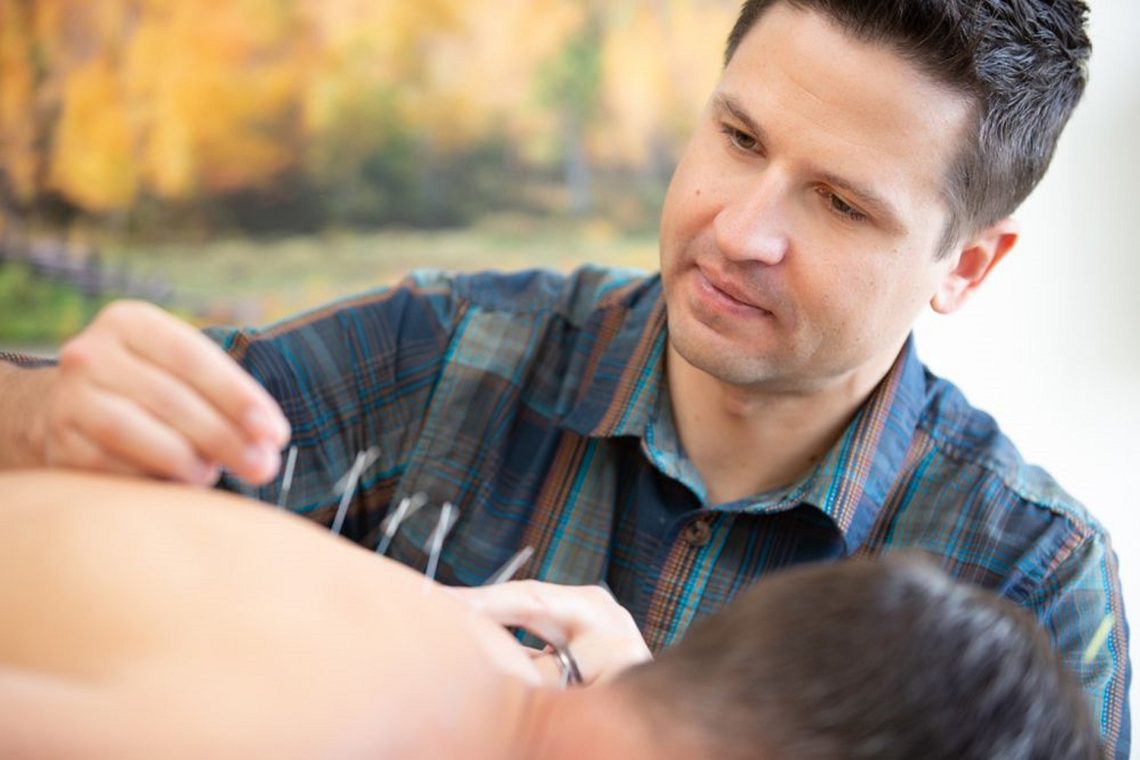


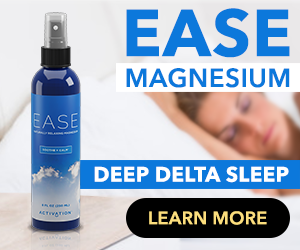
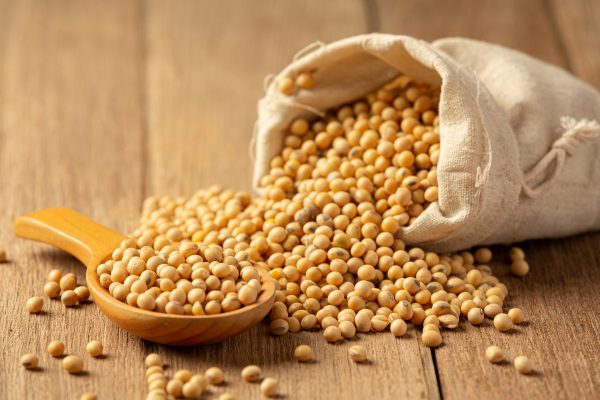

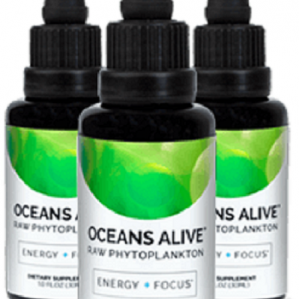
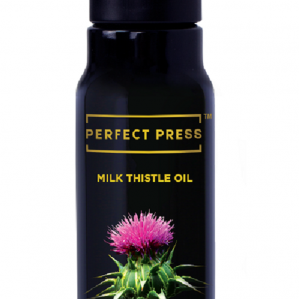
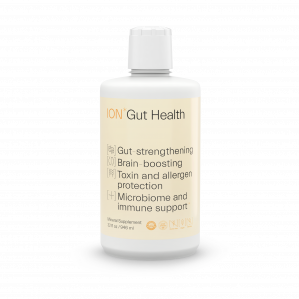
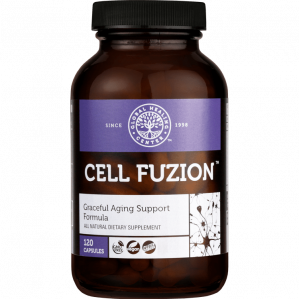
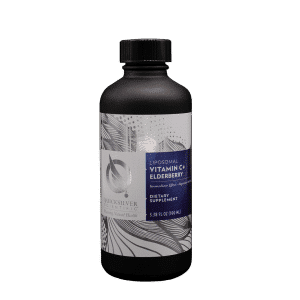











0 Comment